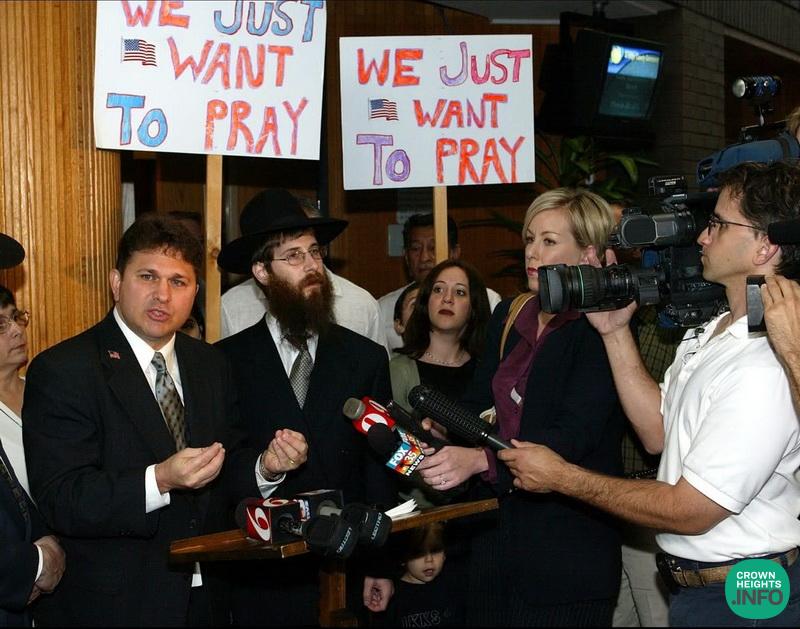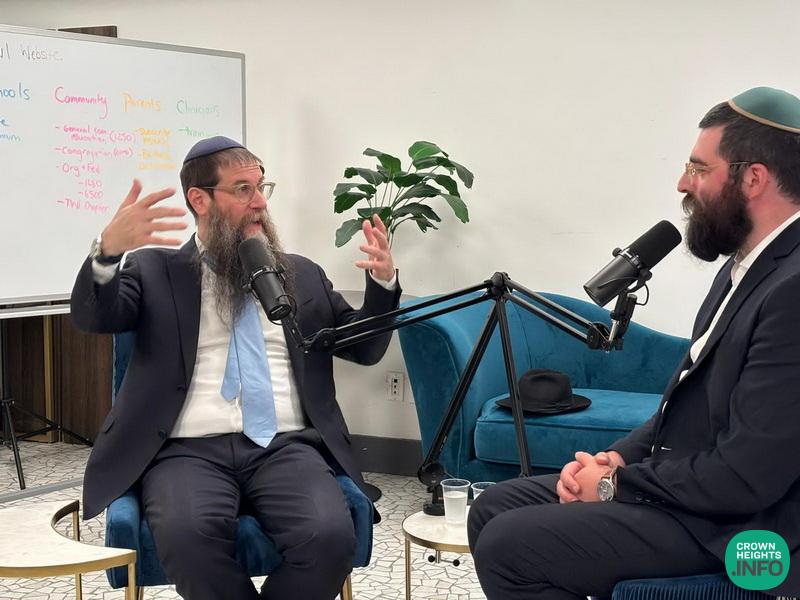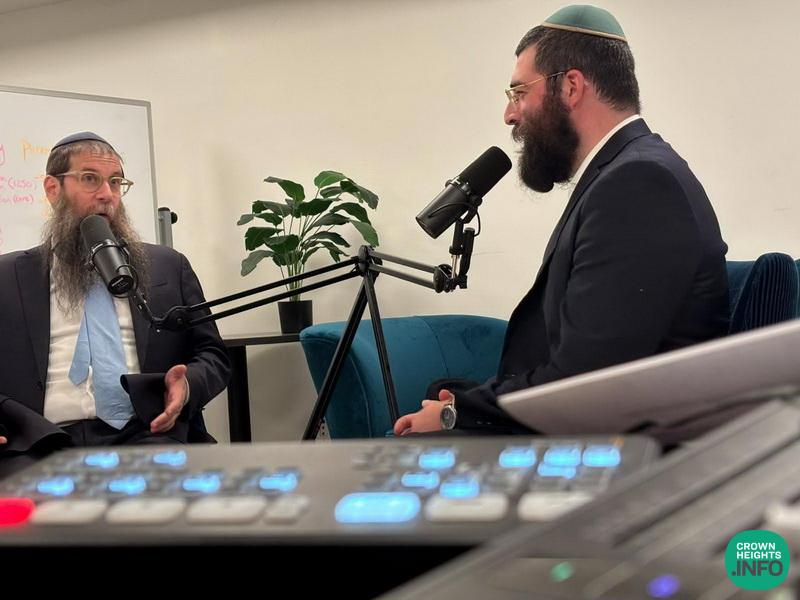
Video: How One Shliach’s Legal Battle Opened Doors for Many
by Yossi Weinstein
It began in 2001 when Rabbi Yosef Konikov, a newly arrived Shliach in Orlando, Florida, launched his Chabad activities from his rented home. Shortly after, he received citations and warnings from the city, ordering him to shut down his operations, citing that local zoning laws required a Special Use Permit to host a religious institution on a residential property.
What followed was a lengthy legal battle that would go on to impact Shluchim across the United States. Rabbi Konikov refused to back down. Armed with the protections of the federal Religious Land Use and Institutionalized Persons Act (RLUIPA), he took his case all the way to the 11th Circuit Court of Appeals. The court ruled in his favor, affirming that local governments could not treat religious gatherings more restrictively than comparable secular uses.
His victory became a landmark precedent and a turning point for religious land use law. This pivotal case paved the way for countless Shluchim to operate with greater clarity and legal backing, and is even taught in law schools across the country.
In a recent workshop hosted by Merkos 302’s ‘New Shliach’ Desk, Rabbi Konikov joined Rabbi Mendy Heber, Shliach to the College of William & Mary in Williamsburg, Virginia, for a conversation about zoning, legal strategy, and the lessons every Shliach should know when dealing with city ordinances.
“The Rebbe constantly urged Shluchim to share their hard-won lessons with one another,” said Rabbi Mendy Kotlarsky, executive director of Merkos 302. “Here we see how one Shliach’s victory can open doors for all. Our hope is that this conversation, and every session in the series, will equip fellow Shluchim with the tools to tackle their own challenges and seize new opportunities.”
Rabbi Heber shared how Rabbi Konikov’s story was very similar to his own experience. While starting to operate activities and events from the Rohr Chabad House, the city directly contacted him to stop all activities. With the help of an attorney, they were able to persuade the city attorney and the city to allow the activities to continue.
“Conversations like these are critical,” said Rabbi Mendy Shanowitz, director of the New Shliach Desk at Merkos 302. “Zoning challenges are one of the most common and frustrating issues new Shluchim face. Although not legal advice, through workshops like this, we aim to give Shluchim the confidence and tools to build their communities without fear.”

















A. Silberfeld
BH
This is so nice, on the other hand begs the question why go that route? Why not originally go for a commercial space making it more comfortable for everyone involved?
There are so many questions Halachicly about a Torah in a home. Many stories in Gemara about this.
IDK, just some thoughts.
but litigation takes away time from Jews. Maybe educating city hall.
Yisroel
Good question.
1. In many cases (specially for new guys in smaller towns)for financial reasons it’s not feasible to do that. As is some of them struggle to cover the rest of the budget and their expenses.
2. practically, especially in a cheaper town, where you can get a bigger home with extra space (maybe even a dedicated space for activities) it makes more sense than commercial and walking etc